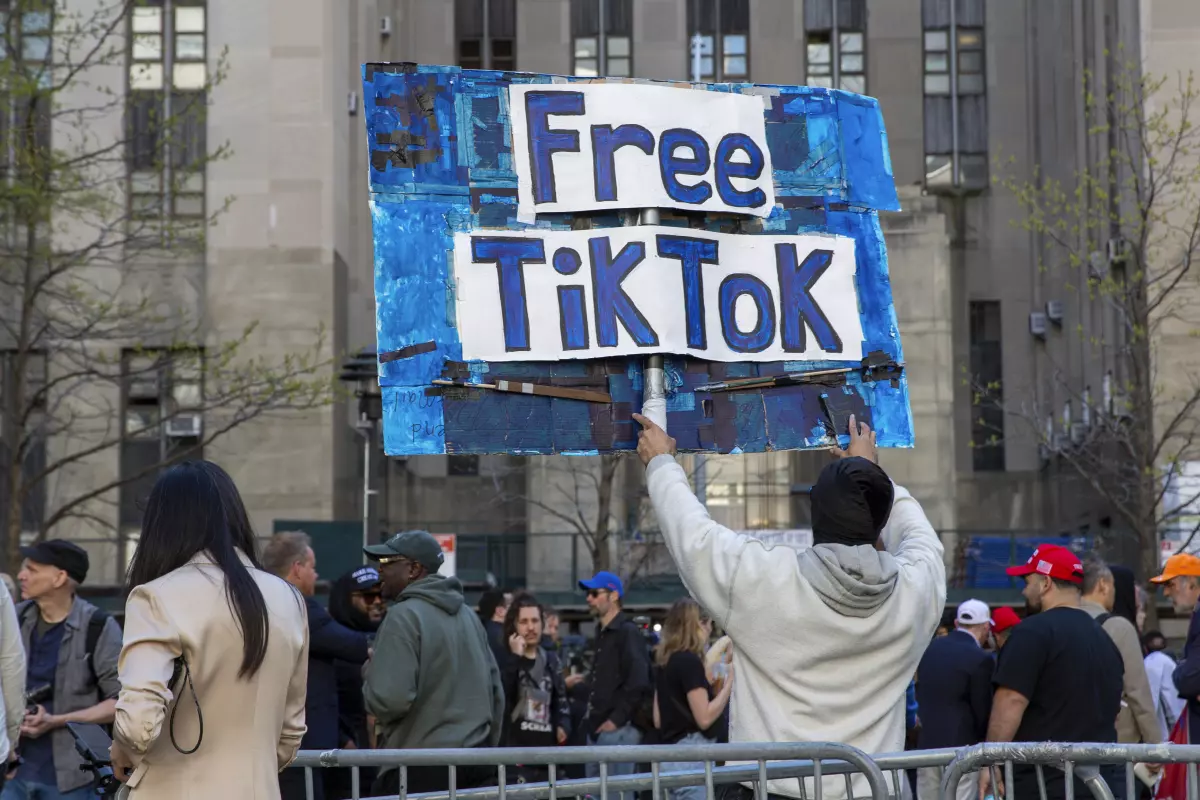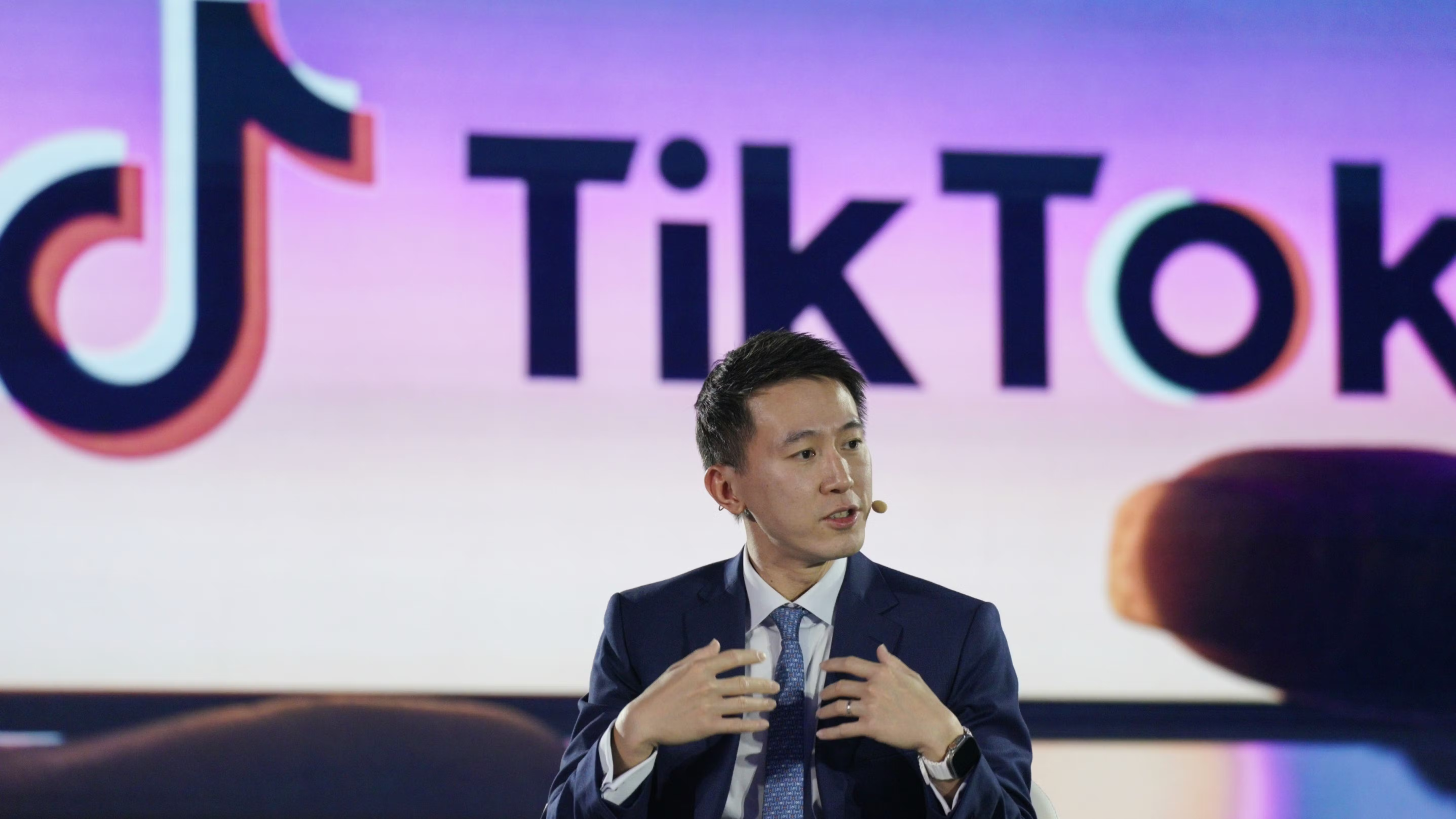In a development that’s sent ripples across the global tech and media landscape, the United States and China have reportedly struck a deal to transfer TikTok’s ownership to a US-based entity. After years of intense scrutiny and geopolitical tug-of-war, this agreement marks a significant turning point for the wildly popular short-video platform, which has become a cultural cornerstone for millions worldwide.
US officials, including trade representative Jamieson Greer and treasury secretary Scott Bessent, announced the breakthrough following negotiations with Chinese counterparts. While the commercial specifics remain under wraps—described as an agreement between “two private parties”—the critical takeaway is that a framework is in place, and the financial terms have been settled. This signals an end to the protracted uncertainty that has loomed over TikTok’s operations in the US.

The final touches are expected to be applied during an upcoming meeting between President Trump and President Xi Jinping on September 19. This high-level intervention underscores the strategic importance of TikTok, not just as a social media app, but as a flashpoint in broader US-China relations. For ByteDance, TikTok’s parent company, this move aims to alleviate American lawmakers’ long-standing national security concerns regarding data privacy and potential influence.

What does this mean for the everyday user? While the immediate impact on your feed might not be perceptible, this ownership shift could herald a new chapter for TikTok, potentially ushering in more stability and clearer operational guidelines in its largest Western market. As details emerge, RADII will be keeping a close eye on how this landmark deal reshapes the future of digital culture and cross-border tech enterprises.
Cover image via Perplexity.


















